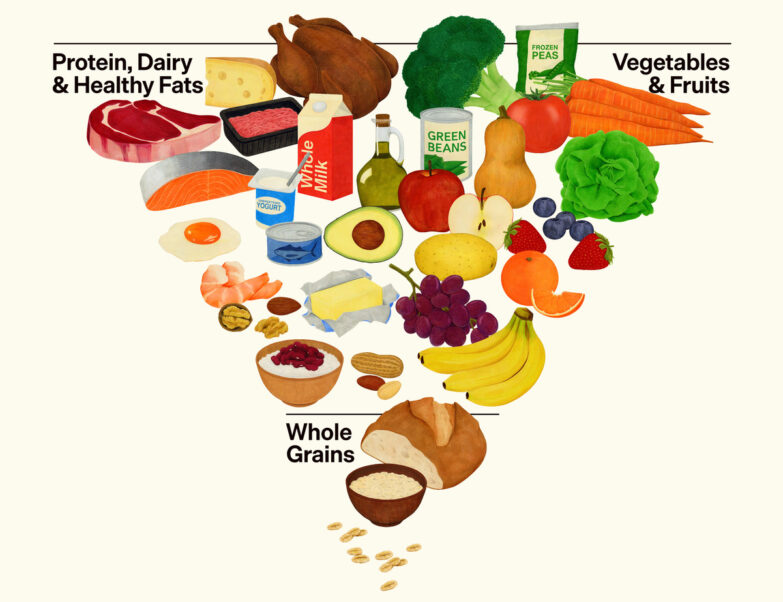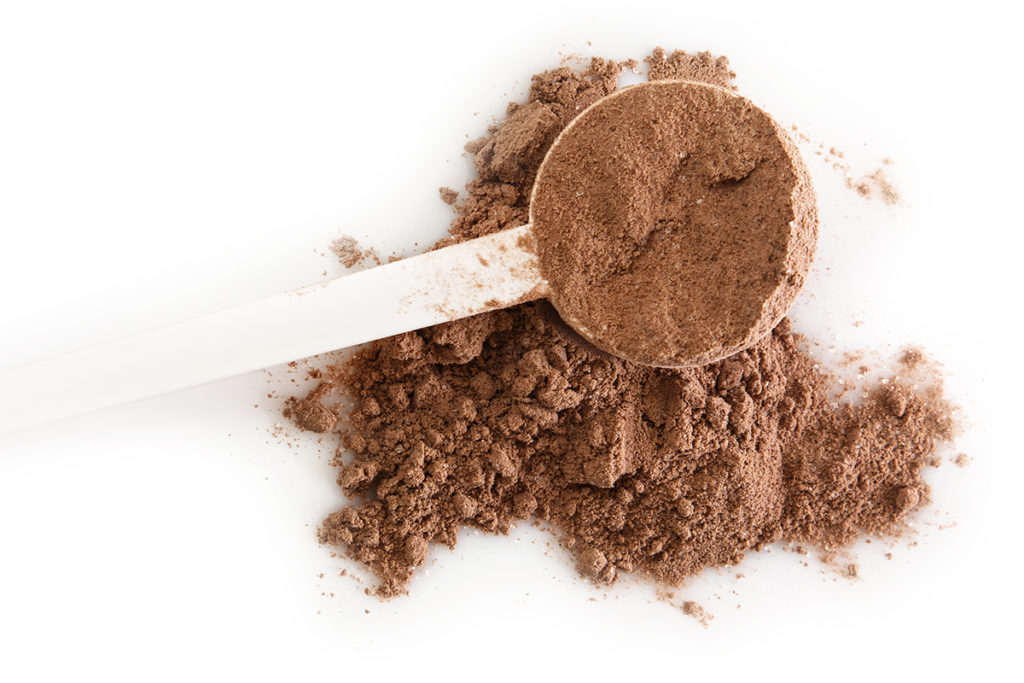Fewer Carbs May Increase Your Metabolic Rate
A low-carb diet may help people keep weight off, researchers suggest.

Anyone who’s achieved a weight loss goal, then watched his or her waistline expand over the following months, can attest to the incredible frustration of seeing hard-earned results fade away. The reasons for weight regain are many, but a big contributing factor is how the body tends to recognize missing pounds as a need to slow metabolism and burn fewer calories, making it harder for people to maintain weight loss. New findings in BMJ from researchers at Boston Children’s Hospital suggest that eating fewer carbs after weight loss could increase one’s metabolic rate—and help keep the pounds off.
The investigation, known as the Framingham State Food Study, assigned a 10-week weight loss diet to 234 overweight people aged 18–65. Those who lost weight (10%–14% of body weight) were then moved on to the second phase of the study, which lasted 5 months. During this phase, participants were randomly chosen to receive fully prepared meals that allowed them to follow high-, moderate- or low-carbohydrate diets. Carbs made up 60%, 40% and 20% of total calories, respectively. (Carbs, fat and protein were calculated to the gram. Total calories were enough to maintain the weight loss.)
Over the course of this phase of the study, total energy expenditure (measured by a method called “doubly labeled water”) was significantly higher in those eating the low-carbohydrate diet versus the high-carbohydrate diet: Those who consumed the low-carb diet burned about 209 more calories a day than those who ate more starch, even when body weights were nearly equal. Compared with those on the moderate-carb diet, people on the low-carb diet burned about 91 more calories per day. Over time, this could translate into significant differences in weight loss and regain.
This study is also evidence that not all calories in the body are metabolically alike. One theory is that eating more carbs raises insulin levels, which encourages metabolism to slow and fat cells to store excessive calories—a recipe for the yo-yo effect that befalls so many dieters. Even on lower-carb diets, though, there can still be room for plenty of nonstarchy veggies such as leafy greens and smaller portions of fruits, whole grains, legumes and starchy vegetables like sweet potatoes.
Also of note was that ghrelin, a stomach hormone thought to increase appetite and reduce calorie burning, was lower on the low- versus high-carb diet.
Matthew Kadey, MS, RD
Matthew Kadey, MS, RD, is a James Beard Award–winning food journalist, dietitian and author of the cookbook Rocket Fuel: Power-Packed Food for Sport + Adventure (VeloPress 2016). He has written for dozens of magazines, including Runner’s World, Men’s Health, Shape, Men’s Fitness and Muscle and Fitness.





